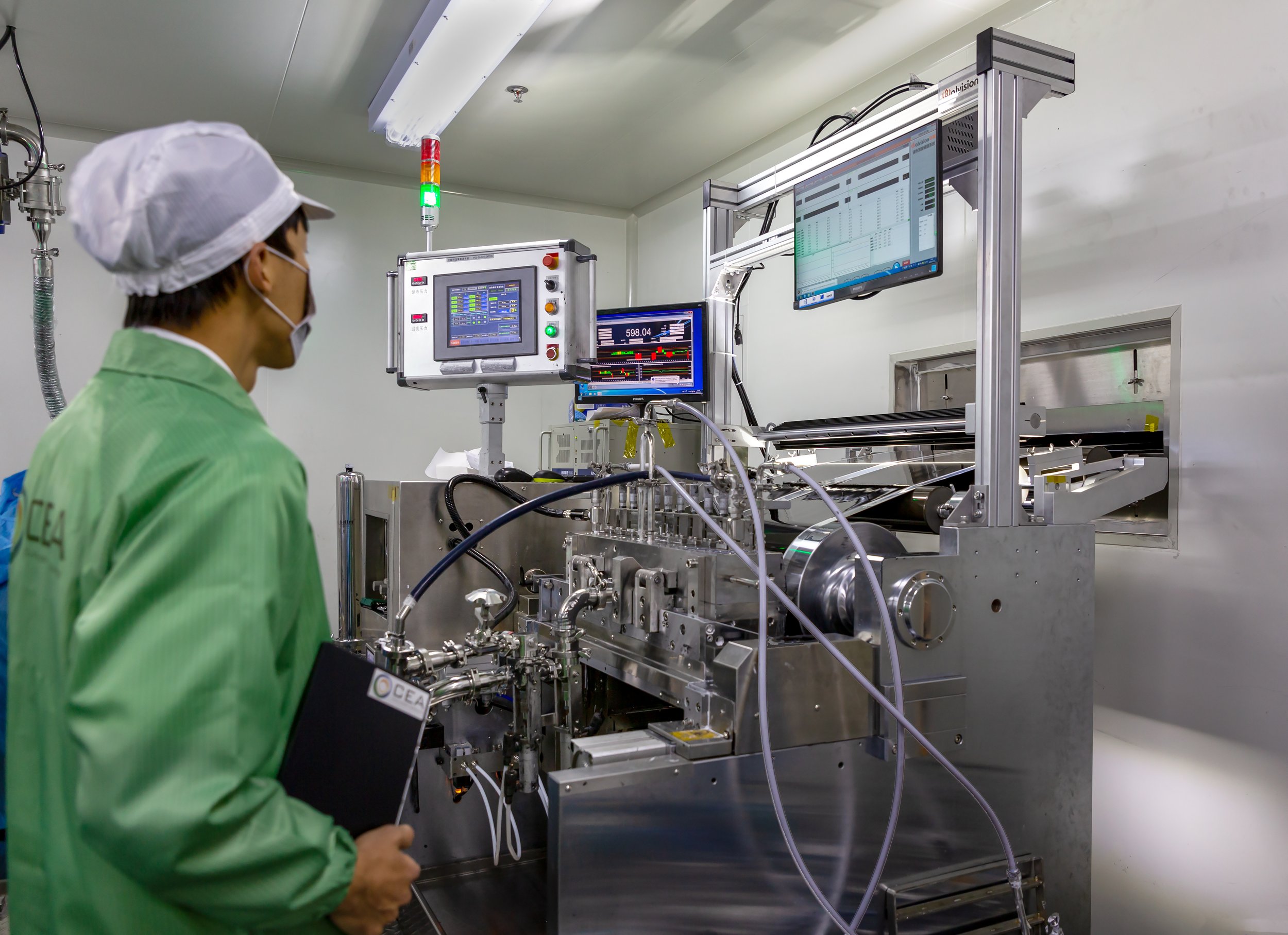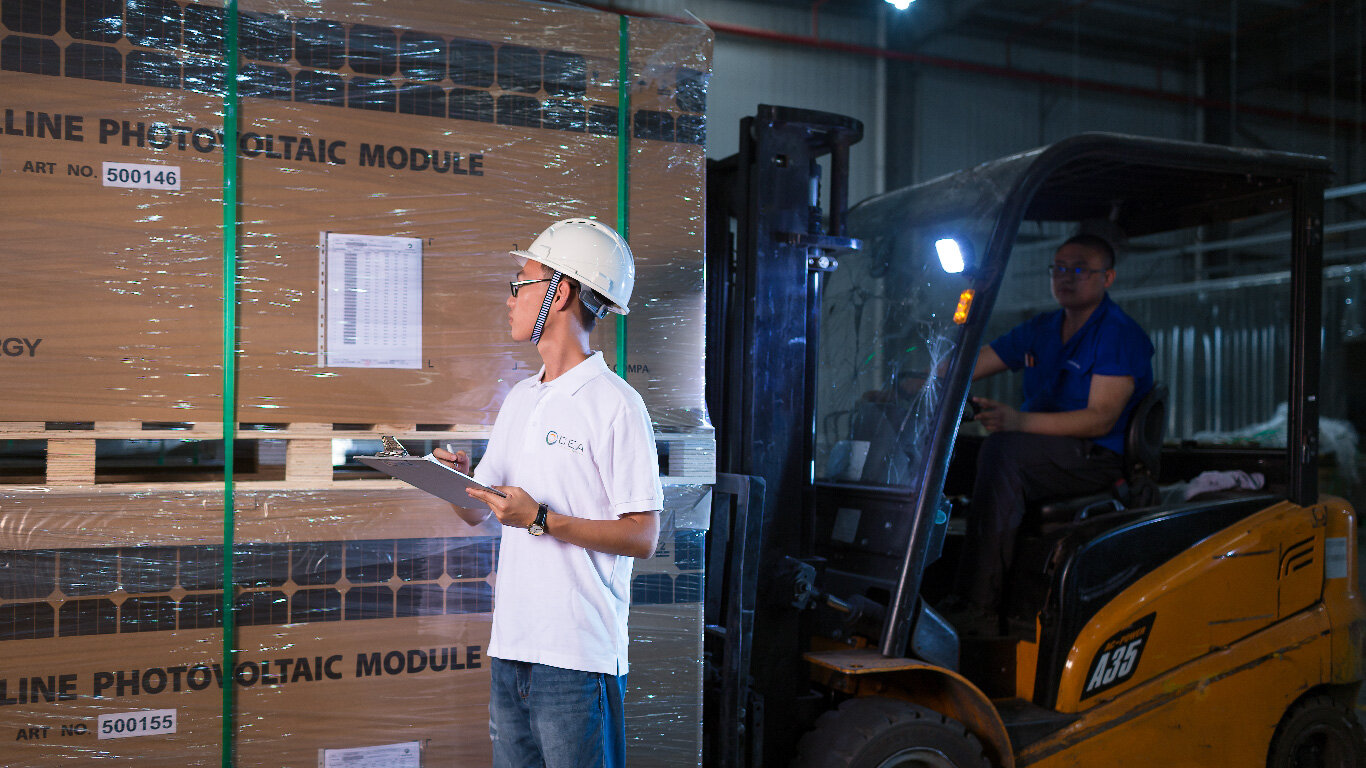/ SERVICES / QUALITY ASSURANCE
Quality Control and Testing for Solar Inverters / Power Conversion Systems (PCS)
Factory Audits: Comprehensive Independent Analysis of Inverter Factory Quality
Proactively catching and preventing quality issues in your inverters and power conversion systems optimizes the performance and extends the lifetime of your products. Preventing issues begins at the factory and production line.
CEA’s comprehensive, supplier-independent analysis of inverter factories and production facilities provides critical need-to-know information on quality risks and enables you to make educated decisions on production locations.
CEA’s Factory Audits cover:
Administrative Policies and Practices
Quality and Reliability Policies and Practices
Facility Certifications Audit
Management and Employee Training Audit
Production Process and Materials Management Audit
Finished Product Loading and Logistics Management Audit
In-House Testing Laboratory Management Audit
Factory And Supplier Processes and Documentation
Inline Production Monitoring: On-Site Monitoring of All Production Processes, Workshops, and Lines
CEA’s inline production process monitoring identifies issues during production and before the final product is packed to proactively identify issues, replace faulty component, implement stricter production controls, and reduce the likelihood of defects being shipped.
Proactively catching and preventing quality issues in your equipment optimizes the performance and extends the lifetime of your products. CEA’s Inline Production Process Monitoring covers:
Incoming Materials Quality Control and Inspection
Equipment and Production Line Maintenance and Calibration
Inline Quality Control Monitoring
Packaging and Warehouse Inspections
Factory Acceptance Testing: Comprehensive FAT Witnessing of Sampled Inverters
Functional and technical issues are a regular occurrence during the inverter production process. Some of these defects are merely cosmetic and may not affect the overall system performance, but other defects pose safety risks and can negatively impact the overall performance and life of the finished products.
Factory Acceptance Tests (FAT) are conducted for inverters to test end-use performance requirements. CEA’s third-party FAT oversight identifies issues during the testing process and ensures all issues are resolved before the product is delivered to the client.
FAT Inspections include:
Comprehensive Functional and Performance Tests
Communication Testing
Protection Testing
Total Harmonic Distortion (THD) Testing
Safety Testing
Reliability Testing
Visual Inspection
Efficiency Testing
Container Loading Monitoring
Inadequate loading practices by the factory can result in damaged finished products either during loading of the containers or at some point during transportation. Further, finished products that were previously rejected by CEA or that were not inspected by a third party altogether may end up getting shipped without oversight.
CEA’s container loading monitoring oversees the loading of the finished product to ensure conformance with packaging and loading specifications and to ensure the boxes/pallets loaded into the shipping container come exclusively from the inspected and approved lots.
Our engineers confirm the final products are safely loaded without damage, secured, sealed, and accurately recorded on the Bill of Lading. CEA’s container loading monitoring reports include comprehensive details covering every container, seal, and pallet number with accompanying photos.
Logistics Management and Shipment Tracking
When working with overseas manufacturers on large PV projects, shipment and container tracking can quickly get complicated once the product has left the factory grounds.
CEA’s logistic management services help our customers capture baseline shipping schedules per the manufacturers and report on shipment progress to final destination on key milestones, including:
shipment content
date shipped from facility
onboarded to shipping mode
expected arrival at destination
customs cleared
picked up at port
actual arrival at destination





